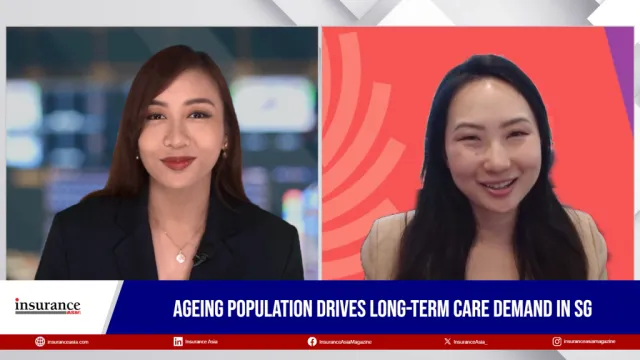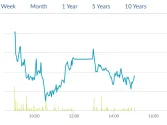
Insurers to use 40% AI with synthetic data by 2027
18% of businesses are using synthetic data to comply with privacy regulations and enable secure data exchange.
IDC FutureScape predicts that by 2027, 40% of AI algorithms used by insurers will incorporate synthetic data to ensure fairness and regulatory compliance. This integration spans from underwriting to claims handling.
However, privacy and bias concerns necessitate insurers to align with evolving regulations like the European Union AI Act.
According to IDC's 2022 survey, 18% of enterprises are integrating synthetic data to address privacy regulations and facilitate secure data exchange in insurance services.
Synthetic data mirrors real-world scenarios whilst protecting privacy, offering benefits such as privacy preservation and unbiased risk assessments. IDC's AI predictions for 2024 and beyond include:
- AI Empowered Sales: By 2027, generative AI-based tools will lead to a 5% increase in distribution sales volume and a 10% boost in sales ROI.
- Outcome Optimization: By 2025, insurtech consolidation will drive outcome-based pricing adoption by 15% of tier 1 and 10% of tier 2 insurers.
- Accelerating Insurer Digitalization: By 2024, 25% of insurers will increase investments in external app development services, increasing digital revenues by 10%.
ALSO READ: GenAI Set to heighten cyber risks, Lloyd’s warns
Insurance enterprises are increasingly integrating GenAI-powered synthetic data to enhance AI accuracy whilst safeguarding privacy. T
his aligns with broader trends in AI empowerment in sales and outcome optimization. Insurtech consolidation drives outcome-based pricing adoption, fostering efficiency and partnerships.
Meanwhile, insurers are increasing investments in external app development to bolster digitalization and revenue streams.
Various innovations are reshaping the insurance landscape:
- Embedded Payments: By 2024, embedded payments in property and casualty (P&C) insurance will cut operational costs by 12%.
- Protection Gap: By 2025, 30% of health insurers will collaborate with telehealth providers.
- Sovereign Cloud Solution: By 2026, 15% of insurers will adopt sovereign solutions to foster regulatory compliance.
- Auto Insurance Transformation: By 2029, 30% of auto insurers adopting claims process digital twins will reduce casualty claims adjustment expenses and fraud losses by 20%.
In the Asia Pacific auto insurance market, insurers plan to invest more in trusted data exchange technologies to become preferred partners for Original Equipment Manufacturers (OEMs).
By 2028, 40% of auto insurers will spend 10% more on trusted data exchange technologies, increasing auto coverage revenues and IP monetization.



















 Advertise
Advertise







